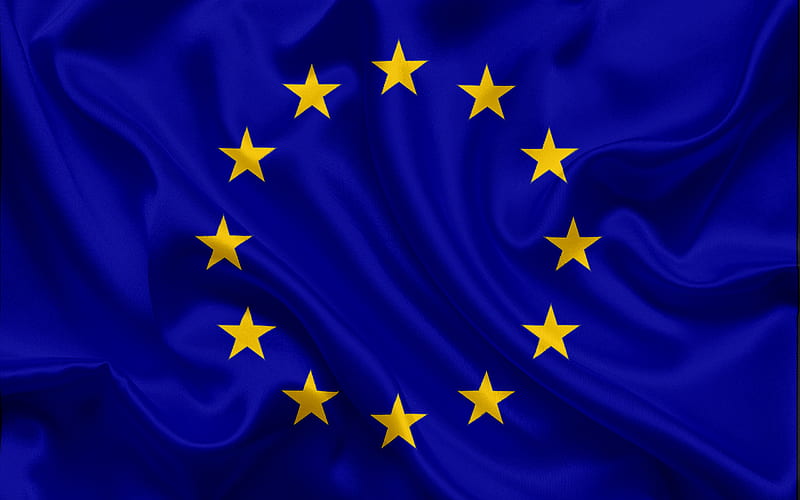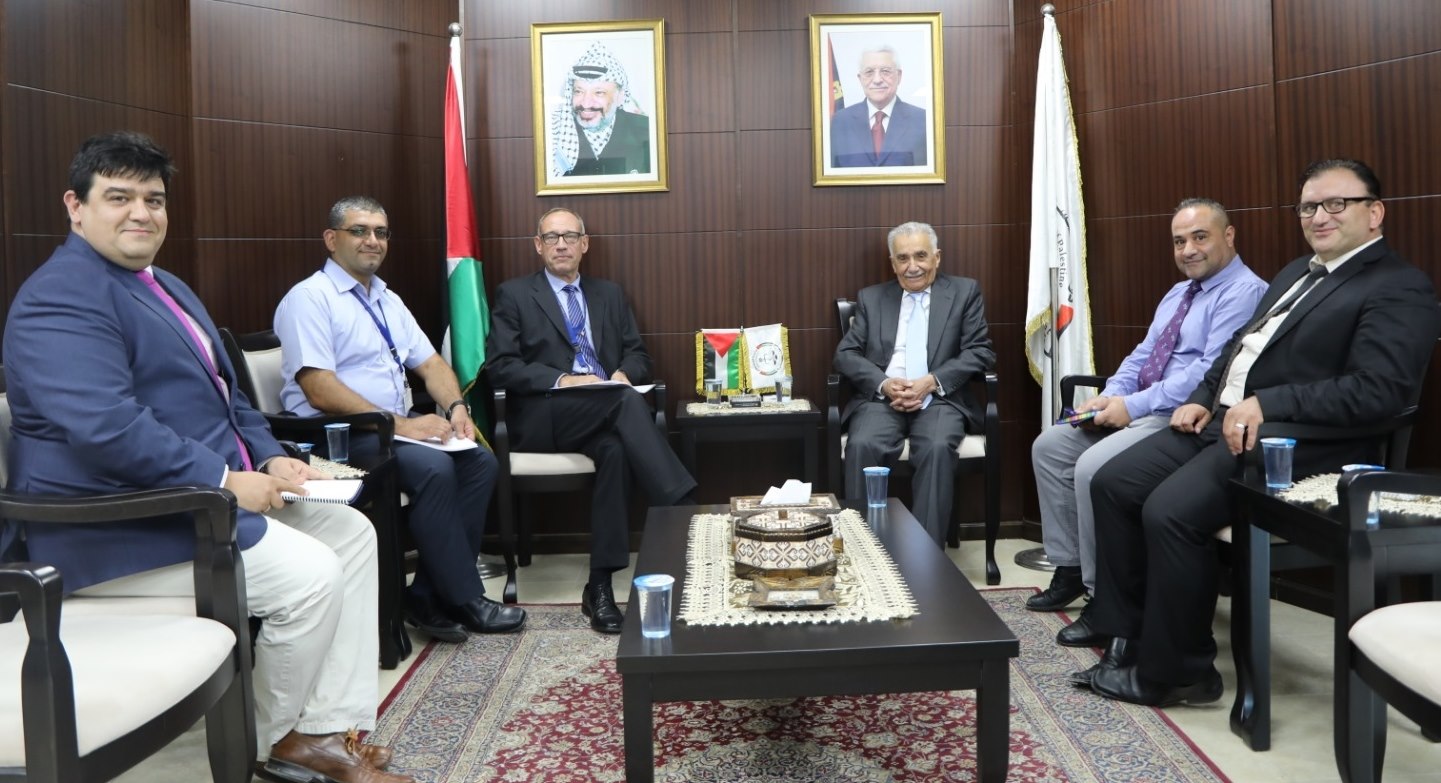Lebanon/Middle East: Speech by High Representative/Vice-President Josep Borrell at the EP plenary on the escalation of violence

It has been a year since the conflict began in and around Gaza. Since then the war has continued and has spread in many ways.
We talked about the situation in Gaza yesterday. If you go to the Rafah border – which is closed, by the way – you can hear the explosions on the other side. You can see the warehouses full of donations that come from all over the world and cannot enter, because they are rejected for rather trivial reasons, such as, for example, that a green sleeping bag cannot enter or that a small pair of scissors for cutting bandages cannot enter, because it is a dangerous weapon.
That is what is happening on the border with Gaza. But since then the conflict has spread throughout the region. It is now affecting southern Lebanon – one cannot separate one from the other.
Now Israel is intensively bombing Lebanon, after a series of continuous exchanges of fire along the Blue Line. Its troops have entered Lebanese territory. The bombings are of an extraordinary intensity. Figures say that approximately 20% of the population of Lebanon has been displaced, and some 150,000 have crossed into Syria. The number of civilian victims is estimated at around 2,000. The bombings in the city do not only affect the Shiite neighborhoods, where Hezbollah is supposed to have its infrastructure, but affect very central parts of the city.
We have condemned Hezbollah’s attacks against Israel over the past few months. An international mediation, led by France and the United States, was developed to try to stop the escalation and put an end to this extension of the war. There was a ceasefire proposal in which the European Union participated, together with France, the United States and several Arab countries, calling for and reinforcing [the fulfillment of] Resolution 1701, which, as you know, is 20 years old, 20 years old and has not yet been implemented.
The European Union has mobilised 40 million [euros] in humanitarian aid to help those who have suffered from the events of the last week. We are coordinating with the Member States a consular operation to prepare for the return of our nationals. There are about 45,000 of them in Lebanon, but there does not seem to be much demand for returnees at the moment, as more places are offered than are requested.
It is clear that it would be essential to reach a ceasefire through diplomatic procedures. It is clear that Lebanon has an internal political problem that must be resolved by the Lebanese themselves.




























 Syria
Syria 





